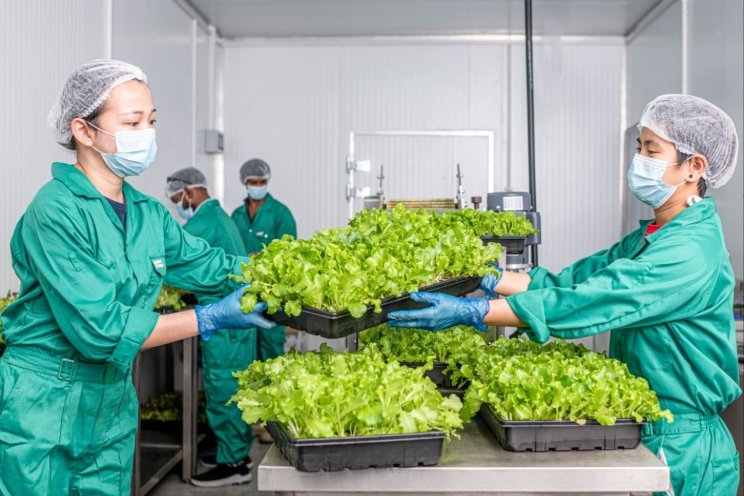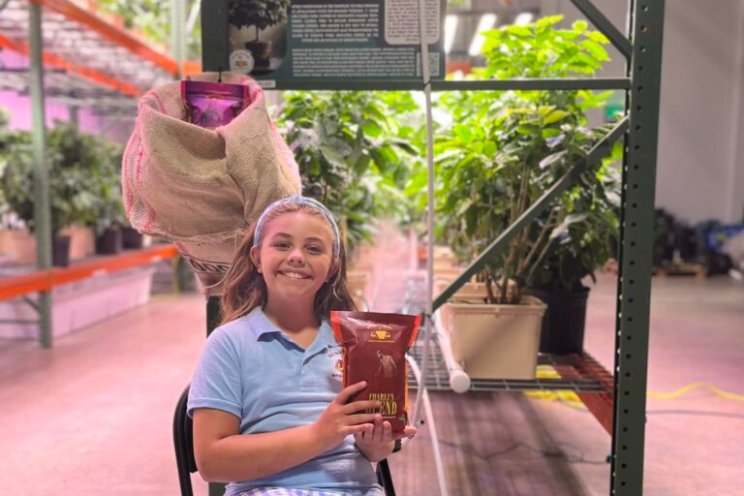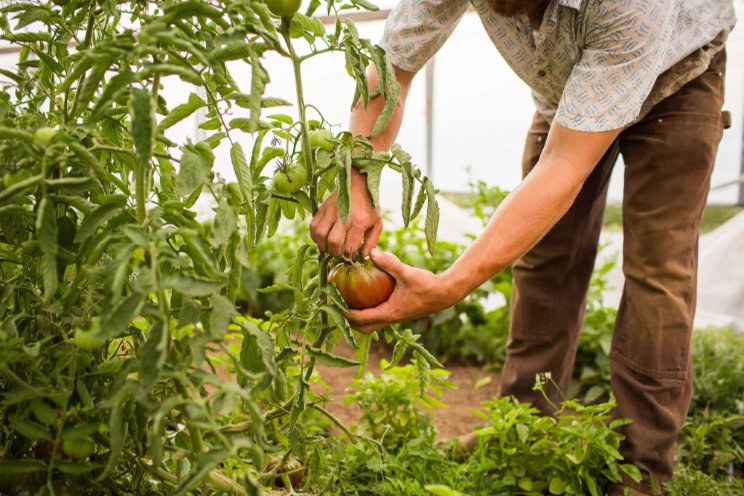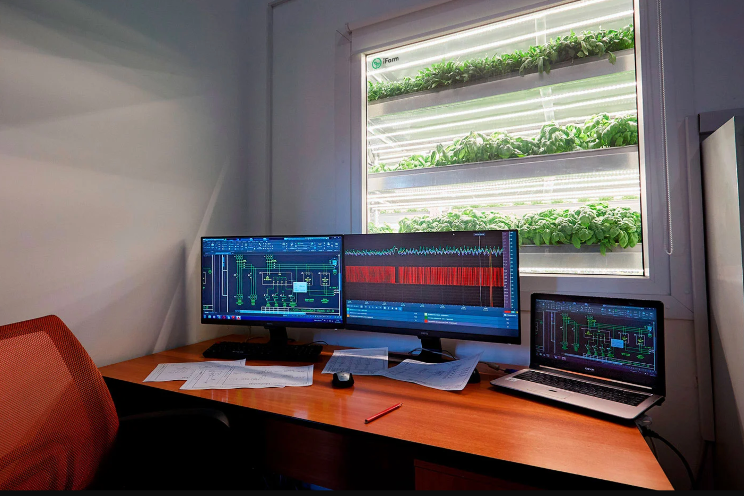How the Scottish are finding food solutions using vertical farming
Added on 16 November 2021
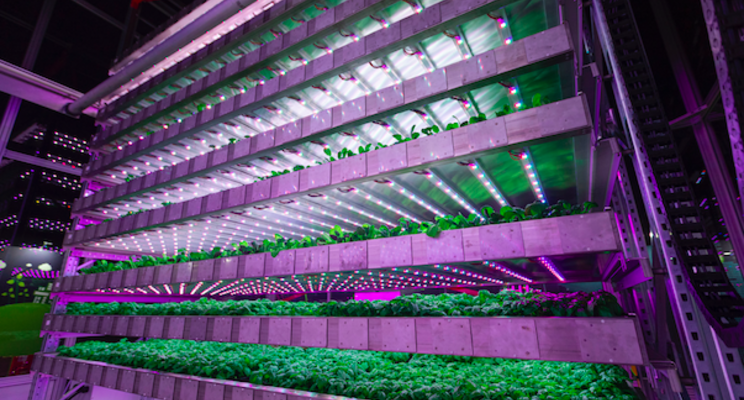
This is farming meets engineering technology.
Scottish technology company, Intelligent Growth Solutions (IGS) is showcasing its vertical farming growth towers. They vary in size, but those on show in Glasgow on the sidelines of recently concluded global climate change talks stack up to 5.5m high.
Growing in trays are an array of different leafy vegetables, trees, flowers, fruit, microgreens, and seed potatoes. In this smart ecosystem, this variety of crops can grow under highly tailored, controlled conditions
Every aspect of the growth process is controlled: light from sophisticated lighting, air being extracted and cooled for perfect temperatures and a zero water waste circular system. A mechanical lift system can be remotely controlled to move trays of different crops up and down the towers.
"We can create an entire climate. If you want to grow cherry tomatoes and basil to make pesto in Singapore, we'll just create Tuscany," said David Farquhar, the chief executive of IGS.
As the world focuses on pressing climate change and sustainability issues at COP26, the impacts of and on agriculture is a crucial issue.
At the talks, 45 countries signed an agreement to promote a more sustainable industry, fewer emissions and pollution and investment in agricultural science.
Agriculture, forestry and land use sectors are responsible for about a quarter of global greenhouse gas emissions and many nations will need to make steep reforms to make the carbon cuts needed to meet their Paris Agreement targets. Amid ongoing debate about traditional agriculture, urban farming is a looming solution for many cities.
IGS started in 2013 as a collaboration between a Scottish farmer and a professor. Years later, this final product is the result of millions of pounds of research and development.
Making food systems more efficient, flexible and less wasteful is key to the company's strategy in the face of deep global issues.
"The United Nations estimates that the world's global population is going to rise to 10 billion by 2050. It's not a straight line, it's an exponential curve. It means we have to grow more food in the next 30 years than the previous 10,000," Farquhar said.
"We do not have enough arable land and it's not close to our populations so therefore it's not sustainable to carry on agriculture in the traditional sense. We have to find a new paradigm and we have to find new technologies."
Click here to read more.
Photo Courtesy of Intelligent Growth Solutions
Source: Channel News Asia
More news

